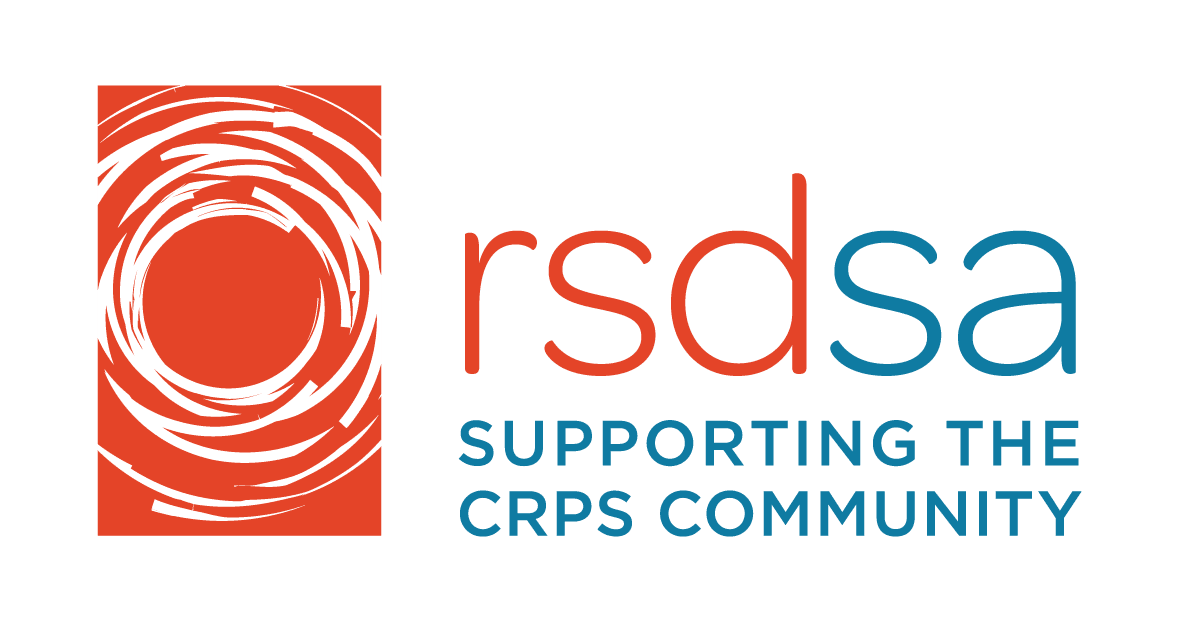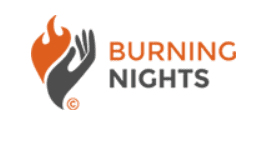Written by Alyce Rowland for the RSDSA blog.
Editor’s note: Alyce is interested in starting a CRPS support group to serve as a resource to ensure that individuals with CRPS do not encounter the struggles she experienced. To contact her, please call (859) 743-8204 or email her as [email protected].
I injured my back in December 1994. I was rushed to the hospital where they thought I had a broken shoulder blade. After several X-rays, they determined that it was not broken. So why was I in so much pain?
They sent me to a sports medicine doctor to have my symptoms evaluated and from there I was preliminary given several diagnoses. After months of medical evaluation, I was then referred to physical therapy where, unfortunately, my condition steadily worsened to where I lost total use of my arm. Then finally after my condition noticeably deteriorated, the primary doctor in the practice said he strongly suspected I had RSD/CRPS based on the symptoms I was presenting.
I was then transferred to a physician that specialized in this field of expertise. Unfortunately, at that time, there were only a few physicians that understood this condition in my area which required me to travel out of state for care. I saw him for a few months and then he disappeared. He reappeared again later only to disappear again. With my condition worsening, it was imperative that I find another doctor fast.
In this year of frustration, I had seen four or five doctors only to be dropped by them all for one reason or another. Due to the lack of treatment, my RSD/CRPS unfortunately migrated to stage 4 and no doctor would see me in my area because it was outside their scope of knowledge. By this time, I have had two blood clots and suffering from a myriad of strange symptoms.
During the many years of coping with this difficult condition, I have learned through trial and error how the disease functions and how to best manage and/or survive this mysterious disease they say I have. Because at that time, the resources on the Internet regarding this condition were sparse or misleading all together making things just that much more confusing. (As I know now, CRPS is the only condition with the word Complex in it).
Determined to find answers, I wrote letters to doctors all over the United States. Surprisingly, only one will even agree to see me. I had to travel thousands of miles to see this doctor. After careful evaluation, he informed me that my arm is in critical condition. All the doctors up until then wouldn’t even talk about my arm despite its obvious deterioration and deformities. Now it’s four years later and I finally found a doctor that knows about RSD/CRPS. So, I will see this doctor for maybe a year as he is working to save my arm.
It was at this time; I had made the decision that no one was going to have to go through what I had experienced to find out what RSD/CRPS is. I went into his office one day and I asked him to teach me “the doctor end” of RSD/CRPS. Tell me what it’s doing in my body. Tell me why I’m having so many blood clots. Tell me how it can progress. Tell me what I may look forward to. Teach me everything you can about this disease. It was with this knowledge and passion that I decided to start a support group for RSD/CRPS so I could help others afflicted by this disease so that they can get the compassion and knowledge they deserve. So in Jan. of 2000 with two years of knowledge of the medical end of CRPS/RSD, I started my support group. I talk one on one on the phone or answer emails. I will talk to the nearly diagnosed, newly diagnosed or those who have been fighting this for years.
I want to help as many as I can to not have to walk down the rough road I had to walk down for many years.
Alyce Rowland
RSD/CRPS Support for US and Canada

 Written by Guest Blogger Victoria Abbott-Fleming
Written by Guest Blogger Victoria Abbott-Fleming